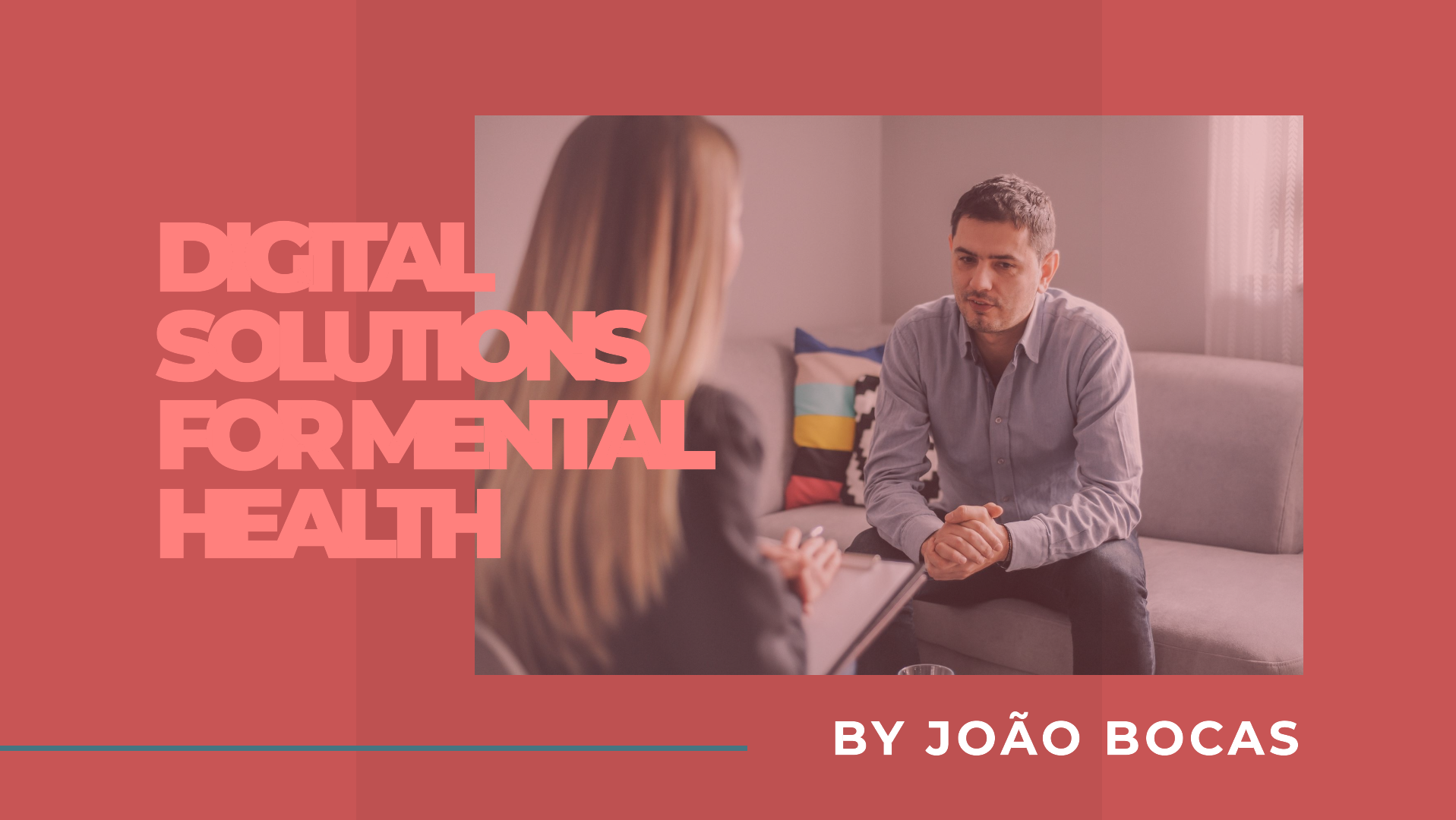About two months ago a research came out regarding the CIO’s perspectives on Digital Health. The aim of this research was to give a sense of perspective with regards to the digital health journey towards total healthcare transformation.
eHealth Transformation Research
The research looked at ehealth delivery in seven different countries and comprised 30 interviews with CIOs. The three main questions concerned:
- Are healthcare executives and CIOs everywhere in the world looking to meet the consumers growing demands and leverage digital health to lower operational costs?
- How to make the transition towards ehealth go as easy as possible and how to get stakeholders and especially doctors on board with digital health?
- What healthcare transformations mean for the CIO role in healthcare?
This research was followed by discussion through a web seminar, featuring some healthcare and technology specialist. I believe that the outcomes of this research and the discussion are very relevant for successful healthcare transformation and therefore I would like to discuss some of them today.
Healthcare Transformation Insights
To start with something very positive, I would like to state that the research displayed that all CIO’s agree that digital health transformation is going to play an immensely big part with regards to future delivery of healthcare, particularly with regards to public health ecosystems (e.g. the NHS).
Currently we see that three combining factors are driving up the cost of health services; the aging population, the prevalence of lifestyle disorders and the growing costs of advanced therapies. These developments are not easily battled with only incremental efficiency gains done by individual organisations.
What is needed is a reimagining of how healthcare services are delivered and moreover, behavioural change with regards to how users, patients and citizens deal with their own healthcare needs. It is exactly that, the behavioural change of the people using the technologies, which will transform healthcare. Thus, a whole new health ecosystem has to be created.
Therefore, the approach a CIO has within an organisation is of the utmost importance. Rather than just focussing on efficiency gains through technology innovation, CIOs will have to link the IT with the healthcare people. For this reason it is important that a CIO understands the language and complexity healthcare information.
This is why increasingly we see healthcare organisations are now striving for a Chief Clinical Information Officer (CCIO) or have the CIO work closely together with a senior clinician with an interest in technology. By having both sides, IT and healthcare, work together, implementing innovations and using the technology in the workflow becomes much more natural. The new role of the CIO becomes therefore than more of a translator role, guiding the communication between the two fields. As such a bridge is created between the clinical and technological worlds.
Secondly, what is needed for proper healthcare transformation is:
- an executive vision towards the transformation which oversees everything,
- the resources, especially with regards to staff. As mentioned before the IT sector and healthcare sector have to collide, therefore new skills have to be acquired.
- Lastly, organisational cohesion is very important. Making sure that all is interoperable and working together.
Is Healthcare Ready for a Digital Transformation?
With this in mind I would like to state some current challenges we now still face. The foundation to change healthcare is not yet there. As well explained during the web seminar discussion we should look at healthcare as Maslow’s Pyramid does at people.
A person cannot reach esteem or self-actualization before they feel save and are loved. Similarly in healthcare, continued innovation and digital enablement of care management cannot be met before a strong foundation is in place.
During the web seminar the healthcare pyramid is described as followed:
Level 1 – A shared WANN, data centres, a could strategy at a regional level, mobility enablement and internal and external user identity management
Level 2 – Core clinical information systems, getting them right, modernize and stop taking notes on paper.
Level 3 – Interoperability, access to shared records at the regional level
Level 4 – Analytics and population health management
Level 5 – Continues innovation and digital enablement of care management
Currently, most healthcare operations are at level 2. To reach successful health transformation we should stop just implementing new innovations and first ensure that level 3 and 4 are met. Only then we will have a solid and sustainable foundation for the future of healthcare we want.
Yess… A lot of work is still to be done, but if we keep up the good work, focus on behavioural change and building a strong foundation, we will get there!
If you have an interest in Digital Healthcare Transformation and eHealth Innovation, we are able to help you by providing your organisation with the right expertise and world class eHealth Innovation methodologies. Do not hesitate to contact us, we’d love to hear more your challenges.







